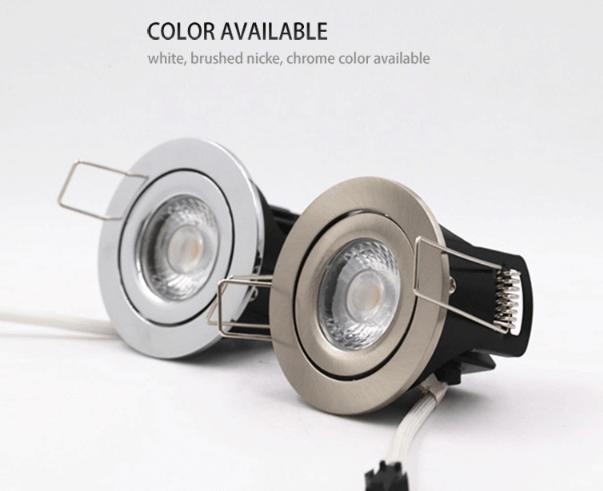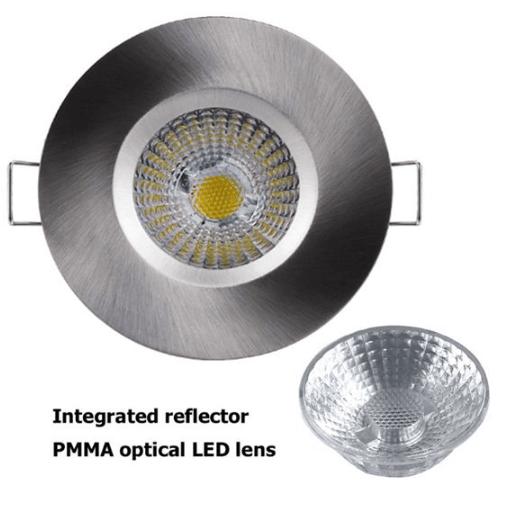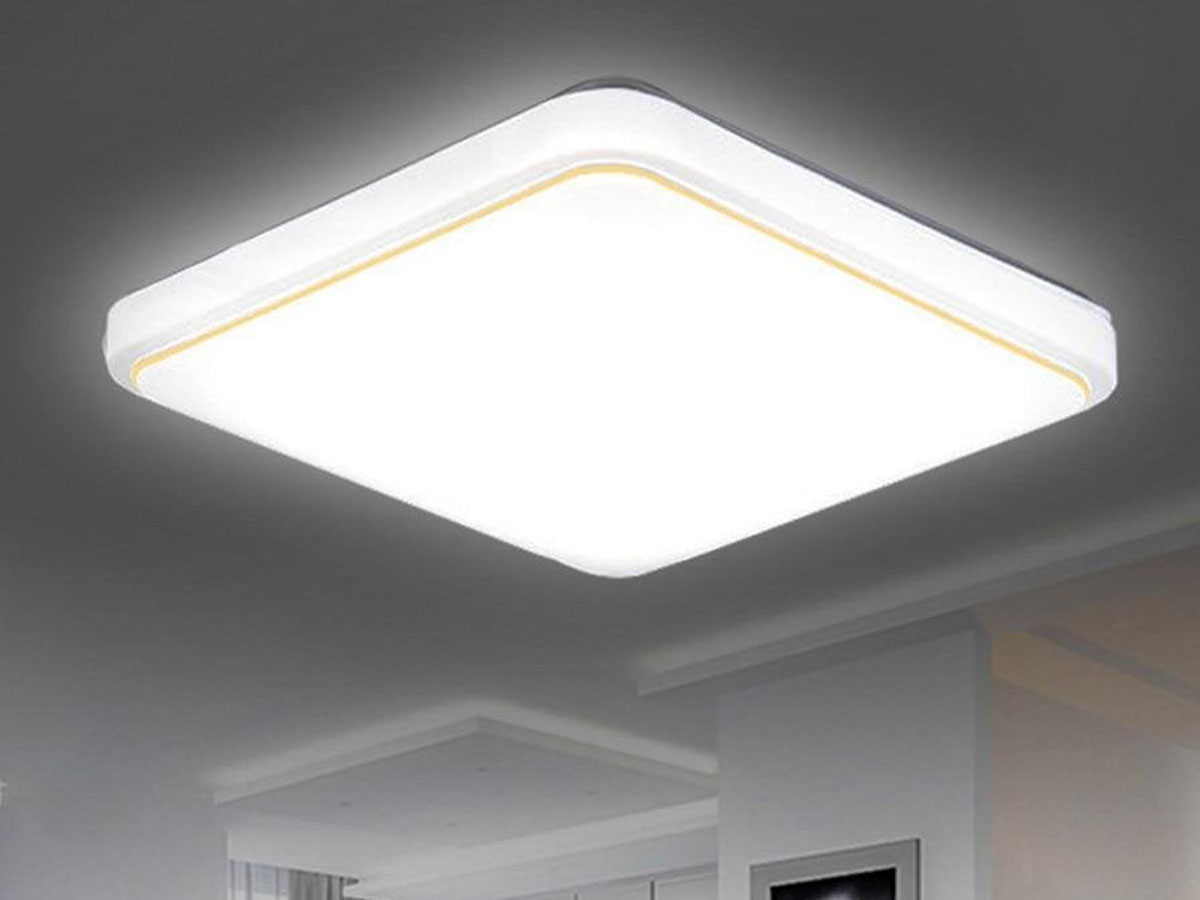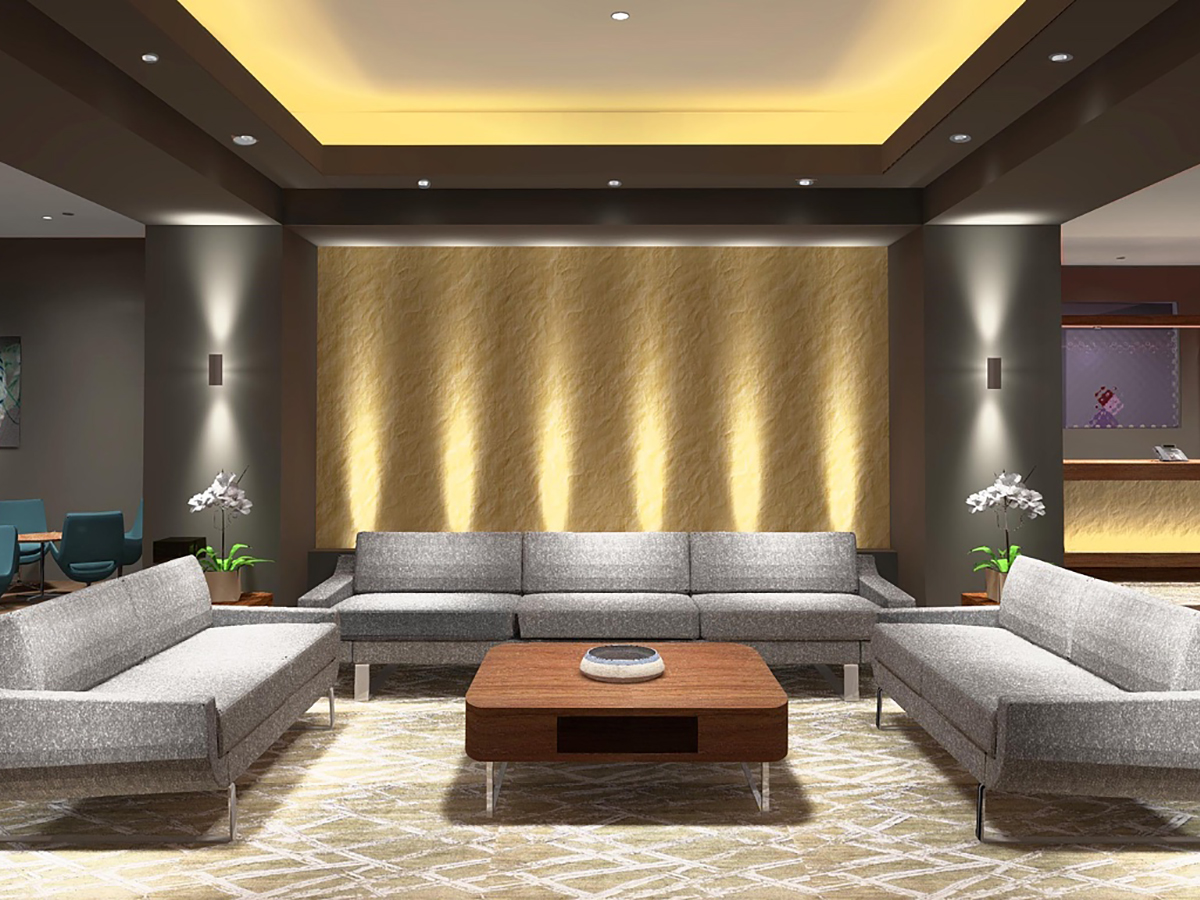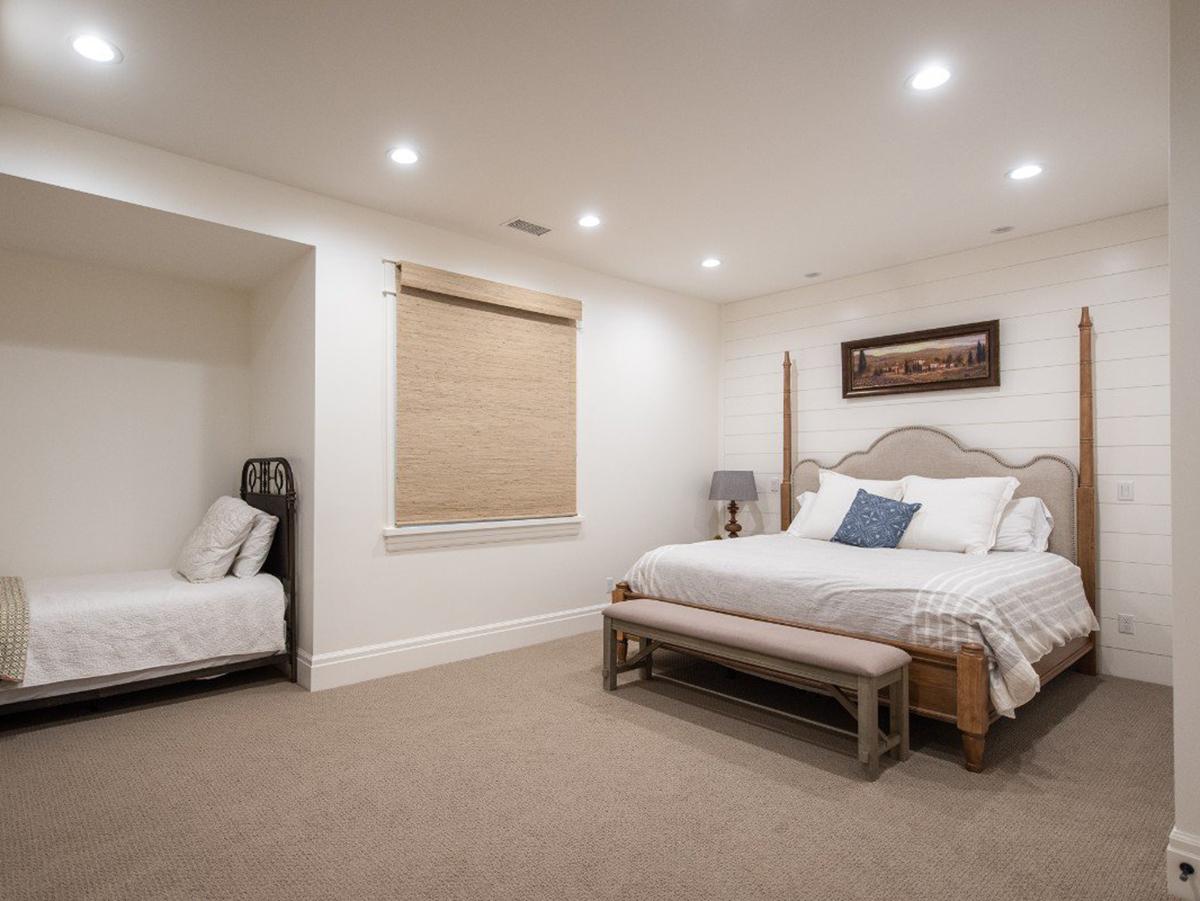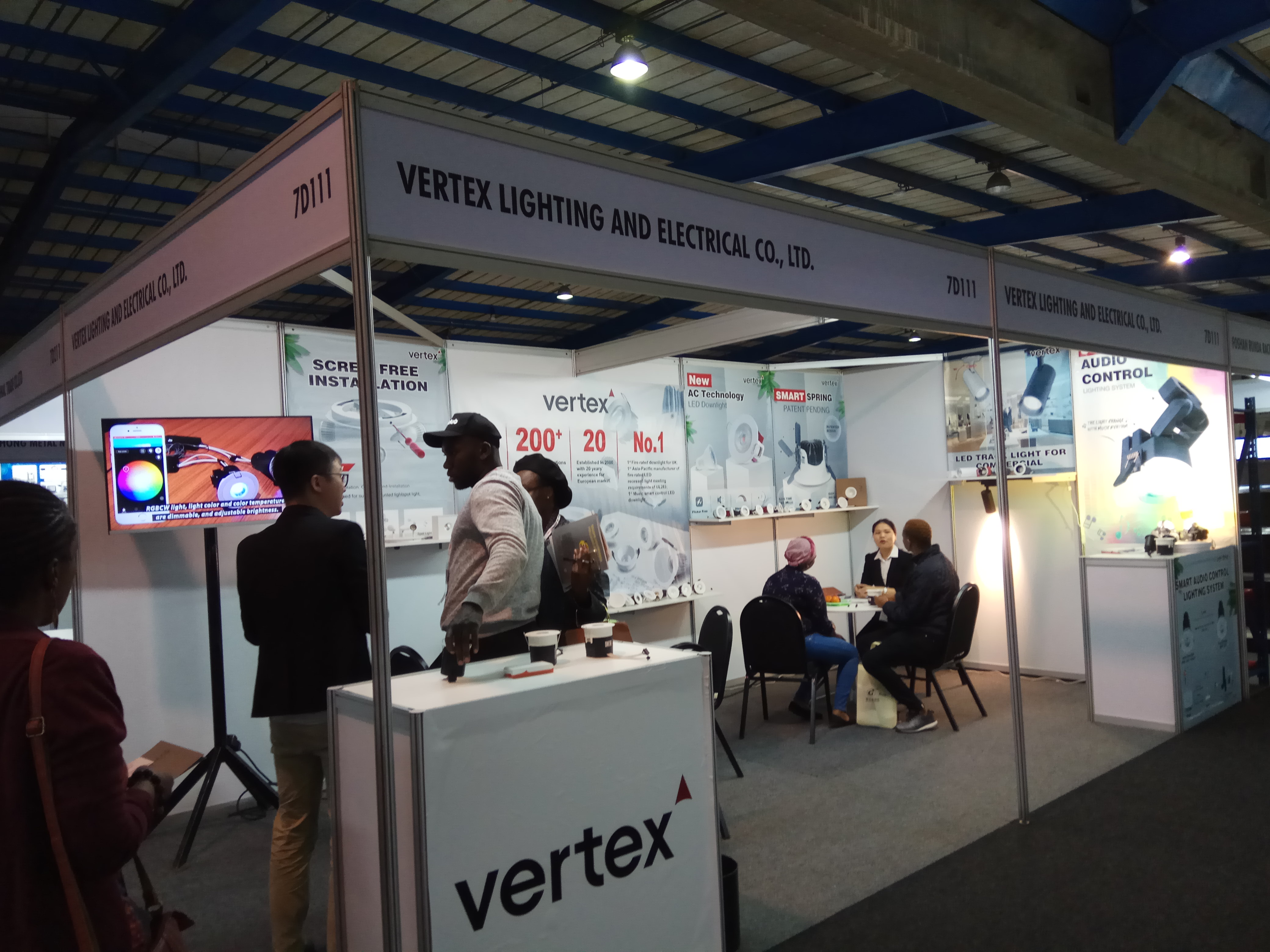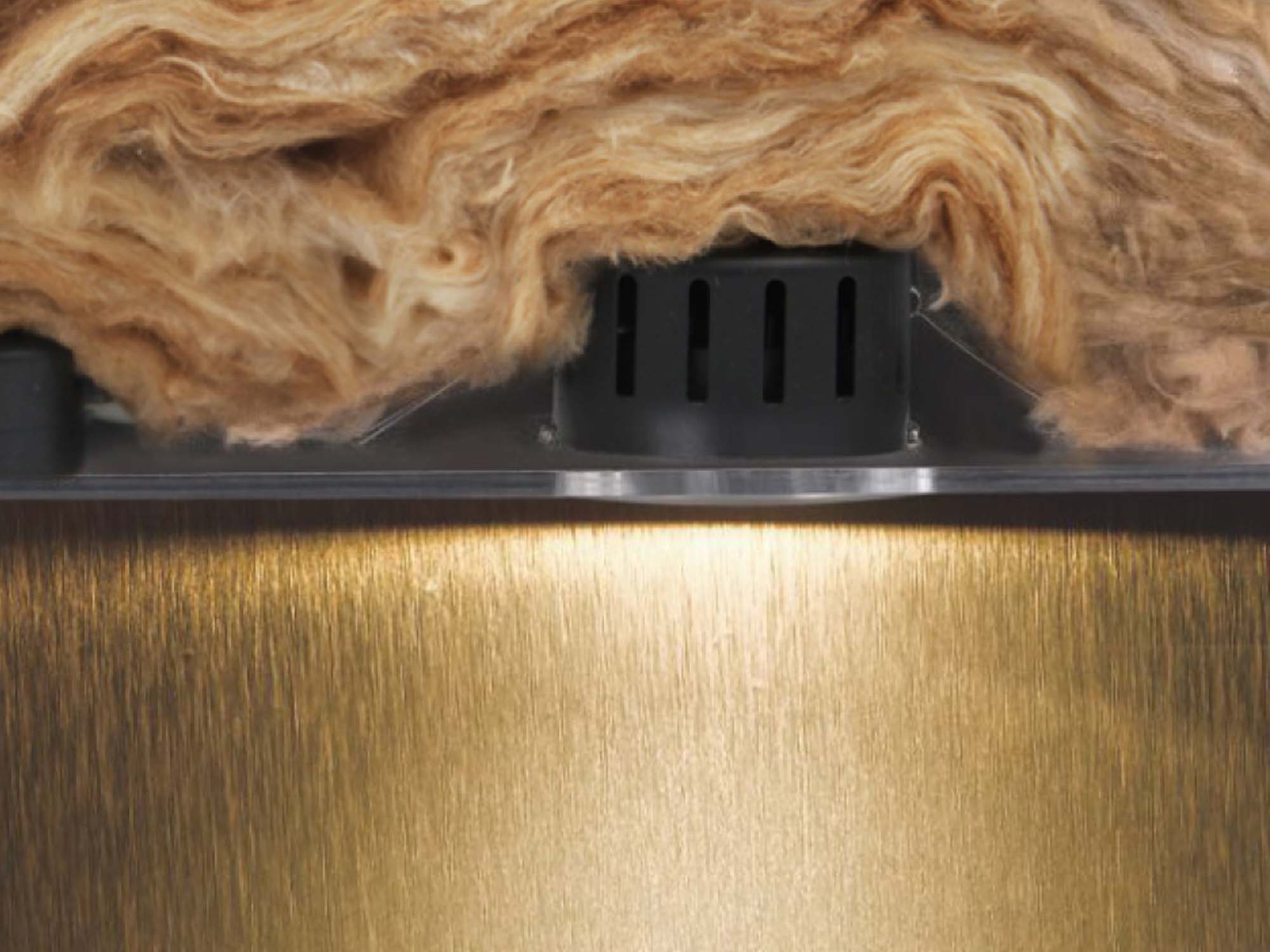When you look around the market of led downlights, you may find ip65 ceiling light is different from other lights. You may wonder What is ip65 ceiling light? Fortunately, today, the author would give a full introduction about the ip65 downlights.
What is IP65 Ceiling Light?
An IP65 ceiling light is a type of light fixture that is designed to provide protection against dust and water. The "IP" in IP65 stands for "Ingress Protection" and refers to a standardized rating system that is used to indicate the level of protection that a fixture provides against solid objects and liquids.
In the case of an IP65 ceiling light, the fixture is rated to provide complete protection against dust, as well as protection against low-pressure jets of water from any direction. This makes it suitable for use in areas where moisture and dust are present, such as bathrooms, kitchens, and outdoor spaces. The ip65 downlights are the ideal lighting solution for outside spaces and the zone-1 regions of your bathroom.
IP65 ceiling lights can come in a variety of styles and configurations, including recessed downlights, surface-mounted fixtures, and pendant lights. They can use a range of bulb types, including LED and fluorescent, and can be dimmable or non-dimmable depending on the specific model.
Does IP65 Mean Fire Rated?
No, ip65 led downlights don mean they are fire rating. The IP rating system only indicates the level of protection provided against dust and water. Fire rating is a separate rating system that measures the ability of a material or product to resist fire and prevent its spread. However, fire rated downlights often are rated IP65, which means they are dust tight and waterproof.
Are IP65 Lights Waterproof?
IP65 lights are considered to be highly resistant to water, but they are not entirely waterproof.
Where Can I Use IP65 Lights?
IP65 lights can be used in a variety of indoor and outdoor environments where protection against dust and water is required. Some common applications include:
●House: ip65 downlight is ideally installed in Zone 1 of the bathroom. Zone 1 is the area above the bath or shower to a height of 2.25m from the floor.
●Outdoor lighting: IP65 lights are commonly used for outdoor lighting applications such as pathway lighting, wall packs, floodlights, and security lighting.
●Industrial lighting: These lights are suitable for use in harsh industrial environments such as factories, warehouses, and manufacturing plants where protection against dust and water is necessary.
●Commercial lighting: IP65 lights can also be used in commercial settings such as retail stores, supermarkets, and malls.
●Healthcare and hospitality: IP65-rated lights are ideal for use in healthcare and hospitality environments where high levels of cleanliness and sanitation are required.
Overall, IP65 lights are versatile and can be used in a wide range of applications where protection against dust and water is necessary.
●House: ip65 downlight is ideally installed in Zone 1 of the bathroom. Zone 1 is the area above the bath or shower to a height of 2.25m from the floor.
●Outdoor lighting: IP65 lights are commonly used for outdoor lighting applications such as pathway lighting, wall packs, floodlights, and security lighting.
●Industrial lighting: These lights are suitable for use in harsh industrial environments such as factories, warehouses, and manufacturing plants where protection against dust and water is necessary.
●Commercial lighting: IP65 lights can also be used in commercial settings such as retail stores, supermarkets, and malls.
●Healthcare and hospitality: IP65-rated lights are ideal for use in healthcare and hospitality environments where high levels of cleanliness and sanitation are required.
Overall, IP65 lights are versatile and can be used in a wide range of applications where protection against dust and water is necessary.
Can Ip65 Lights be Used in A Bathroom/Above Shower?
Yes, you can use the led bathroom downlights ip65 in a bathroom, but only if you install total light protection.
While IP65 lights may offer some level of protection against water, it is important to note that they are not specifically designed for use in a bathroom. Bathrooms are considered a high-moisture environment, and it is recommended to use lights with a higher IP rating, such as IP67 or IP68.
While IP65 lights may offer some level of protection against water, it is important to note that they are not specifically designed for use in a bathroom. Bathrooms are considered a high-moisture environment, and it is recommended to use lights with a higher IP rating, such as IP67 or IP68.
It is important to check the manufacturer's specifications and recommendations before installing any lighting in a bathroom. If you are unsure about the suitability of a particular light fitting, it is always best to consult with a qualified electrician or lighting specialist to ensure that the lights are safe and appropriate for the intended application.
Can IP65 Ceiling Light be Used in Outside?
IP65 led downlights are suitable for use in outdoor environments where they may be exposed to rain, but they should not be submerged in water or exposed to water under high pressure, as this may cause damage to the light. If you need a light that is completely waterproof and can be submerged in water, you should consider an IP67 or higher-rated light.
Led Downlights: Which is Better IP65 or IP67?
Both IP65 and IP67 are standards for the level of protection against dust and water ingress in electronic devices.
IP65 means that the device is dust-tight and protected against water jets from any angle. This is suitable for devices that will be used in environments where they may be exposed to rain or water spray, such as outdoor security cameras or outdoor LED lighting fixtures.
IP67, on the other hand, means that the device is dust-tight and protected against immersion in water up to a depth of one meter for 30 minutes. This is suitable for devices that will be used in environments where they may be fully submerged in water, such as swimming pool lights or underwater cameras.
So which one is better depends on the intended use of the device. If you need protection against water immersion, then IP67 is better. If you only need protection against water spray, then IP65 is sufficient.
IP65 means that the device is dust-tight and protected against water jets from any angle. This is suitable for devices that will be used in environments where they may be exposed to rain or water spray, such as outdoor security cameras or outdoor LED lighting fixtures.
IP67, on the other hand, means that the device is dust-tight and protected against immersion in water up to a depth of one meter for 30 minutes. This is suitable for devices that will be used in environments where they may be fully submerged in water, such as swimming pool lights or underwater cameras.
So which one is better depends on the intended use of the device. If you need protection against water immersion, then IP67 is better. If you only need protection against water spray, then IP65 is sufficient.
Conclusion
All in all, IP65 downlights are a reliable and versatile lighting option that can be used in a range of outdoor and indoor settings. With their high level of protection against moisture and dust, they are a durable and long-lasting lighting solution that can provide a range of lighting schemes while being energy-efficient and environmentally friendly.
